U.S. planning to tighten the noose around Huawei
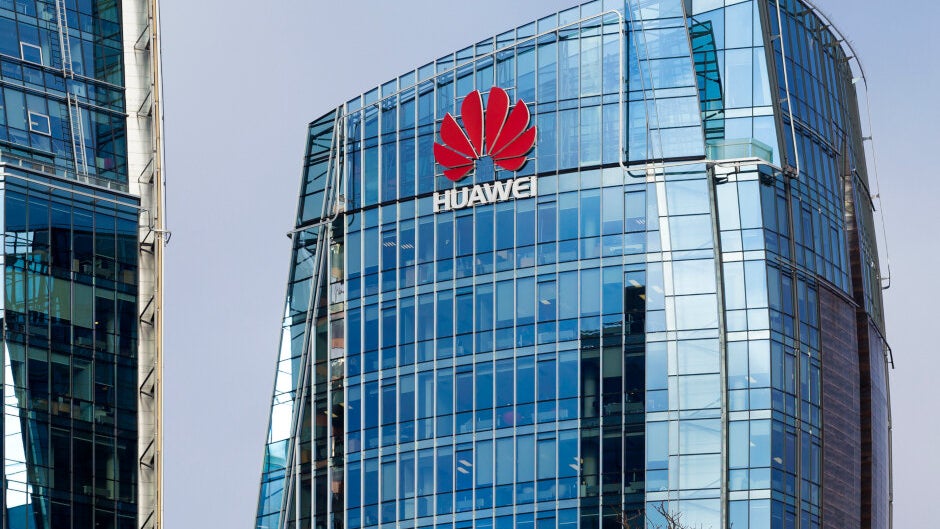
If you didn't know that Huawei has been banned from accessing its U.S. supply chain (which it spent $11 billion on last year) since the middle of May, the performance of the company wouldn't give it away. Using stockpiles of components and temporary 90-day licenses, Huawei has been able to build new phones and update older ones. It also got a break when U.K. based ARM Holdings reversed its position after originally saying that it had to cut ties with the Chinese manufacturer. At first, ARM blamed U.S. technology used on its chip designs but later said that "ARM’s v8 and v9 are U.K.-origin technologies."
If there is one U.S. based company that Huawei would like to do business with, it is Google. With the ban in place, Huawei cannot install the Google Play services version of Android on new models like the Mate 30 series and the foldable Mate X. Instead, those phones have an open-source version of Android installed. As a result, Google's core Android apps like the Play Store, Maps, Search, Gmail, and others cannot be used on these devices. Now that might not matter inside China where the government has banned most Google apps. But international sales are certainly hurt by the inability of Huawei to license Google's Android offerings.
Commerce Department officials seek to tighten restrictions on Huawei
When the ban was first announced, many saw it as severely damaging to Huawei's handset business. But what these nay-sayers weren't counting on was the strong patriotism among Chinese consumers who started buying Huawei handsets to protest what they saw as bullying on the part of the U.S. During the third quarter, Huawei shipments inside China soared an incredible 66% year-over-year giving the outfit a 42.4% market share in its home country. And Huawei is holding its own outside China; globally it shipped 66.8 million units from July through September up 28.5% year-over-year and 18% sequentially. Huawei's global market share has risen from 14% to 18% over the year.
While the relationship between the Trump Administration and Chinese President Xi Jinping wavers between hot and cold, the U.S. is looking to tighten the ban against Huawei. According to Reuters, two rule changes are being discussed by Commerce Department officials even as the U.S. Commerce Department starts handing out 90-day licenses to Huawei suppliers in the U.S. The three-month reprieve allows these American firms to ship software and components "necessary to maintain and support existing and currently fully operational networks and equipment, including software updates and patches."
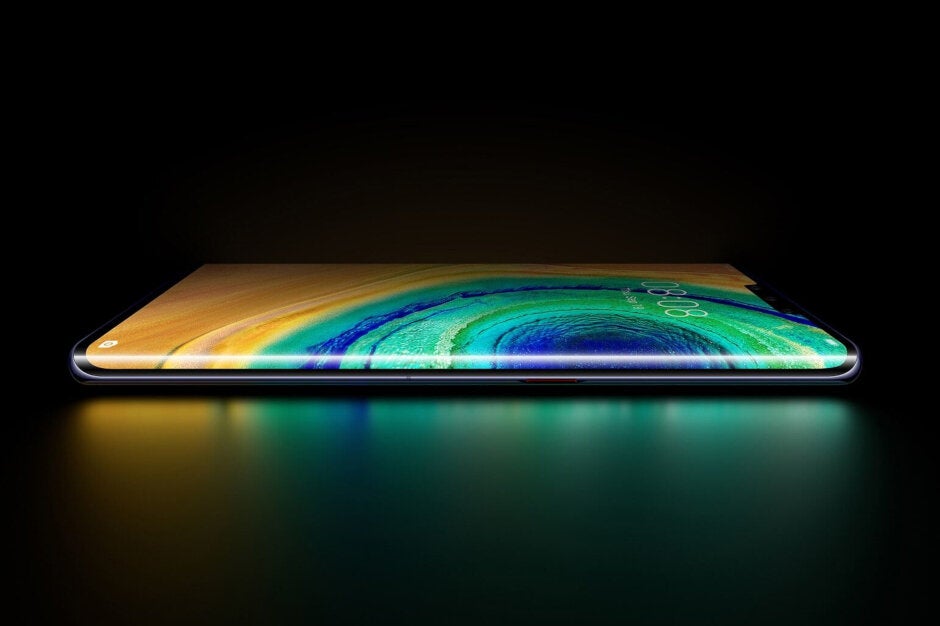
The Huawei Mate 30 Pro, the company's current flagship phone, has an open-source version of Android installed
If the rule changes are made by the Commerce Department, the U.S. will have more control over foreign shipments to Huawei of non-sensitive software and components that contain American-origin parts or technology; this would include standard chips for smartphones. Washington trade lawyer Doug Jacobson said that such a move on the part of the U.S. would be "a major expansion of the reach of U.S. export controls and would be poorly received by U.S. allies and U.S. companies." Jacobson said that even if the U.S. tightens its control over Huawei's supply chain, the company will find a way to get the supplies it needs.
The rules that the Commerce Department is looking at making tougher include one called the De minimis Rule. This rule decides whether American content in a product made overseas gives the U.S. government the right to block exports of that product from foreign countries. The second rule, known as the Direct Product Rule, places under U.S. regulations products made overseas that include U.S. technology or software.
Huawei was placed on the entity list because the U.S. government considers the company to be a national security threat. That's because, under Chinese law, the government can demand that Huawei collect intelligence on American corporations and consumers. As a result, U.S. lawmakers fear that Huawei's phones and networking equipment contain backdoors that send information to Beijing. The company has repeatedly denied this.
Follow us on Google News







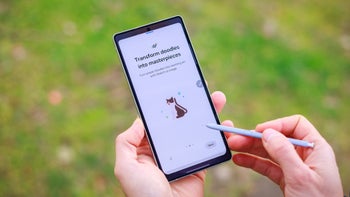

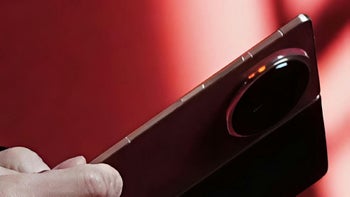
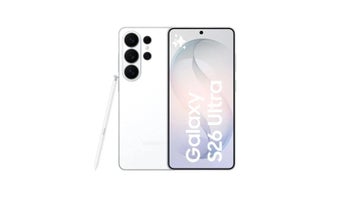
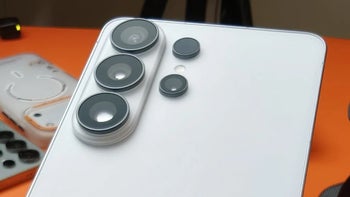
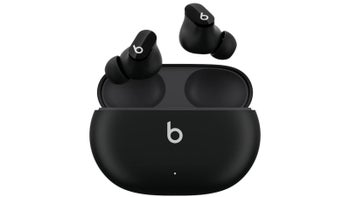
Things that are NOT allowed:
To help keep our community safe and free from spam, we apply temporary limits to newly created accounts: